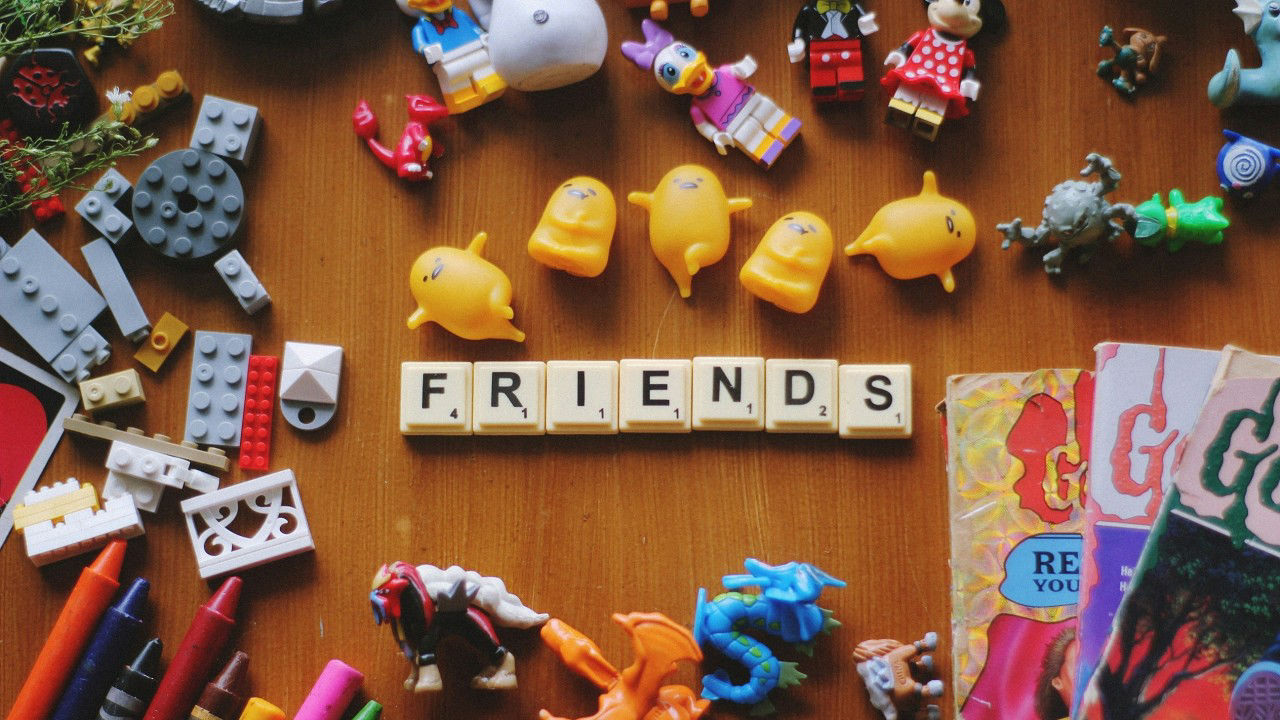5 mins read//
Introduction
In a world increasingly driven by technology and digital entertainment, the essence of childhood play is often overlooked.
Yet, play is not merely a means to pass the time; it is a vital component in children's cognitive development. Engaging in specific games can significantly enhance problem-solving abilities, critical thinking skills, and creativity.
This article highlights ten outstanding games designed to build your child's brain and improve cognitive skills through fun and interactive play.
1. Memory Match Games
What They Are
Memory match games involve pairing cards that feature matching images or symbols. Often seen in card games like "Concentration," these games are not only enjoyable but also challenge children's memory and attention to detail.
Benefits
Improves Memory
Players must recall where certain cards are located, strengthening both short-term and long-term memory.
Enhances Concentration
Focusing on finding pairs hones concentration levels.
Consider setting up a homemade version using family photos for a personal touch. You might be surprised at how engaged your child becomes!
2. Puzzle Games
Different Types of Puzzles
Puzzles come in various forms—from traditional jigsaw puzzles to logic puzzles and even digital apps. They encourage children to think critically as they often require strategy and problem-solving skills.
Benefits
Enhances Spatial Awareness
Figuring out how pieces fit together improves spatial reasoning.
Boosts Problem-Solving Skills
Children learn to assess situations and find solutions effectively.
Example Puzzles
Jigsaw Puzzles
Great for visual-spatial skills.
Sudoku
Enhances logic and number skills.
3. Board Games
A Classic Choice
Board games like "Chess," "Checkers," or "Scrabble" have been entertaining families for generations while simultaneously building cognitive skills.
Benefits
Strategic Thinking
Many board games require planning several moves, teaching foresight and strategy.
Social Skills
Playing with others encourages communication and teamwork.
Fun Fact
Games like Monopoly teach financial literacy—valuable skills in today’s world!
4. Educational Video Games
The Good Side of Gaming
While many parents express concern over screen time, there are educational video games specifically designed to boost brain development, such as "Brain Age" or "Prodigy Math."
Benefits
Interactive Learning
Kids engage with the material, making learning fun.
Instant Feedback
Many games offer instant gratification, allowing children to see their progress.
Quote: "Educational games can serve as effective supplements to traditional learning methods." - Educational Psychology International
5. Building and Construction Games
Engaging Creativity
Games that require building or constructing—like LEGO or block sets—foster creativity and problem-solving abilities.
Benefits
Encourages Creativity
Children can build whatever comes to their minds, enhancing imaginative thinking.
Develops Fine Motor Skills
Assembling pieces requires coordination and control.
Example Activities
LEGO Challenges
Set a theme and ask kids to create something within a time limit.
6. Strategy and Role-Playing Games
Immersive Experiences
Games like "Dungeons & Dragons" or classic strategy games require players to think ahead and make tactical decisions.
Benefits
Critical Thinking
Players must analyze situations and make informed choices.
Storytelling Skills
Many role-playing games enhance narrative skills, allowing children to weave intricate stories.
7. Outdoor Games
Fun in the Sun
Games like "Capture the Flag" or scavenger hunts encourage physical activity while also promoting social interaction and teamwork.
Benefits
Physical Development
Running and chasing improves physical health.
Problem-Solving
Scavenger hunts require kids to think critically about how to find items.
8. Card Games
Diverse Options
From simple games like "Uno" to more complex ones like "Magic: The Gathering," card games can be an excellent way to develop cognitive abilities.
Benefits
Strategic Thinking
Players must develop strategies based on the cards they have and predict opponents’ moves.
Memory Enhancement
Remembering which cards have been played strengthens memory.
9. Word Games
Expanding Vocabulary
Games such as "Boggle" or "Scrabble" offer a fun way to boost language skills while also enhancing critical thinking.
Benefits
Vocabulary Development
Children learn new words and their meanings.
Spelling Skills
Players improve their spelling by forming words from letters.
10. Creative Arts and Crafts
Beyond Traditional Games
Engaging in arts and crafts can be as enriching as traditional games. Activities such as painting or modelling clay encourage creativity and critical thinking.
Benefits
Fosters Creativity
Children explore various mediums and techniques, expressing themselves freely.
Problem-Solving
Many projects involve planning and execution, enhancing these vital skills.
Conclusion
Choosing games wisely can significantly impact your child's cognitive development. By integrating these ten games into playtime, you are not only providing fun but also equipping your child with indispensable skills for life.
So, the next time you consider what to play with your kids, remember—enjoyable activities can be a pathway to enhancement in learning and growth.
Remember to balance play with other developmental activities to maximize benefits!











